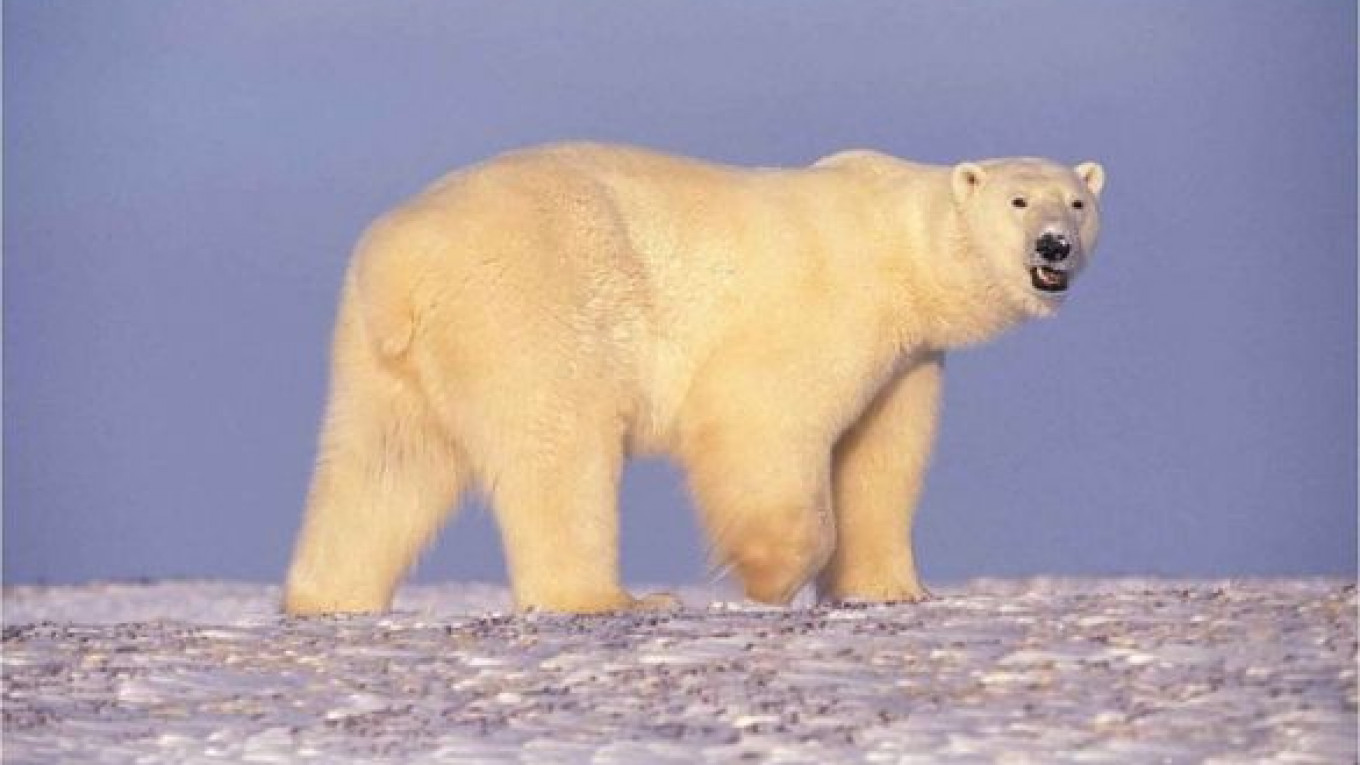The member countries of the Arctic Council have signed its second legally binding agreement, this time on combating oil spills in the region, and accepted six new nations into the body as observers at a biennial meeting that took place in Kiruna, Sweden on Wednesday.
The foreign ministers of Russia, Canada, Denmark, Finland, Iceland, Norway, Sweden and the United States, as well as representatives of local indigenous groups, drew up a shared vision statement for the development of the region, aiming for the Arctic to be a "prosperous" and "peaceful" place.
The accompanying Kiruna Declaration also highlighted "the central role of business in the development of the Arctic," though it must be sustainable for the environment and area residents.
"The economic potential of the Arctic is enormous, and its sustainable development is key to the region's resilience and prosperity," according to the vision statement.
No details were disclosed about the Agreement on Cooperation on Marine Oil Pollution Preparedness and Response in the Arctic, which outlines ways to coordinate responses to oil spills that could result due to increasing natural resource exploitation.
Meanwhile, Foreign Minister Sergei Lavrov said his country is also ready to discuss ecological problems that arise as a result of soot and methane emissions in the Arctic.
"We are not avoiding the problems with soot and methane in the Arctic," Lavrov said, Interfax reported. "This issue requires topical and detailed study."
Interest in the Arctic region has been growing as thawing temperatures open up previously inaccessible natural resources, shipping routes and fishing waters. It is estimated that the Arctic holds 13 percent of the world's undiscovered oil and 30 percent of undiscovered gas deposits.
Fourteen countries as well as several organizations have sought to be included on the Arctic Council as observers. On Wednesday, China, India, Italy, Japan, Singapore and South Korea were granted the status.
The European Union also applied, but current council members said the decision would be made after the union addresses some outstanding issues with its ban on Canadian seal exports.
Vladimir Chuprov, head of the energy program at Greenpeace Russia, welcomed the inclusion of more southerly nations as observers because they are more likely to place the ecological interests of the region above commercial ones. However, he was critical of the overall results of the meeting.
"These were just political ritual dances that deceive people," he said. "The meeting ended with nothing. The Arctic Council once again showed that it is about nothing."
Some of the critical issues not addressed at the meeting were the creation of standards for oil and gas extraction in the region, as well as the overall status of that industry in the area, Chuprov said.
Anatoly Greshnevikov, deputy head of the State Duma's ecology committee and member of the center-left Just Russia party, said a key problem is that the council is made up of foreign ministers instead of officials responsible for environmental policy. As a result, commercial and political ambitions tend to overshadow ecological issues.
"The Arctic gets a lot of attention from the politicians. There are all these attempts to cut it up," Greshnevikov said, although he later added that the situation would not be much better if the Natural Resources and Environment Ministry was involved.
"We have a predatory attitude to nature," he said. "Our Environment Ministry is not resource-saving but resource-devouring. I am 99 percent sure that they are thirsty, above all, for profit, profit, profit."
Chuprov added that the Arctic foreign ministers keep promoting business development in the region even though businesses that have done local studies have realized that resource extraction in the arctic climate is not commercially viable and have started to pull away.
The situation with Russian companies could be different, however, because the main oil and gas giants Rosneft and Gazprom are state controlled and will remain in the area as long as the state tells them to.
"We had the Olympics, APEC [Asia-Pacific Economic Cooperation forum]," Chuprov said. "The Arctic will be an even bigger drain. Bureaucrats will sit there for so long that there'll be plenty of money to go around."
Contact the author at e.smirnova@imedia.ru
A Message from The Moscow Times:
Dear readers,
We are facing unprecedented challenges. Russia's Prosecutor General's Office has designated The Moscow Times as an "undesirable" organization, criminalizing our work and putting our staff at risk of prosecution. This follows our earlier unjust labeling as a "foreign agent."
These actions are direct attempts to silence independent journalism in Russia. The authorities claim our work "discredits the decisions of the Russian leadership." We see things differently: we strive to provide accurate, unbiased reporting on Russia.
We, the journalists of The Moscow Times, refuse to be silenced. But to continue our work, we need your help.
Your support, no matter how small, makes a world of difference. If you can, please support us monthly starting from just $2. It's quick to set up, and every contribution makes a significant impact.
By supporting The Moscow Times, you're defending open, independent journalism in the face of repression. Thank you for standing with us.
Remind me later.






